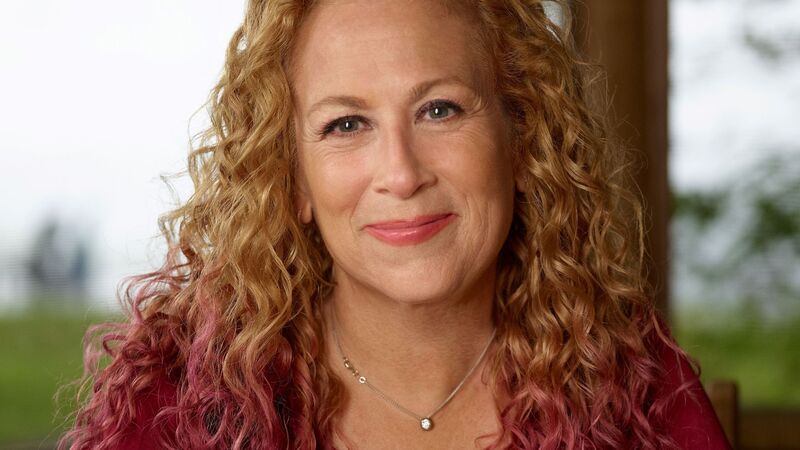You are viewing your 1 free article this month. Login to read more articles.
Pottermore’s publishing push
A few years ago I would have made a bet that one plank of the Pottermore strategy would have been to mine the J K Rowling backlist of extra material around the Harry Potter books and publish them - certainly as e-books, but maybe also as print books. It’s been a long time coming under the site’s second c.e.o. Susan Jurevics, but it finally looks like it might happen with today’s news that three new HP spin-off titles have been listed (and now confirmed) on US retailer websites.
That there is plenty of content to be re-worked is widely known. Much of it first came to light in the two Harry Potter games produced for Sony’s Wonderbook platform, while Rowling has said that she wrote reams of supplementary material and backstories for the characters she created within the first seven titles, some of which has now been re-produced on Pottermore itself. Despite also now forging a second crime writing career under the pseudonym Robert Galbraith, she also continues to produce fresh Potter material such as the Quidditch World Cup and the Jack Thorne play-script for The Cursed Child.
So why the delay?
Since Jurevics joined she has had to re-engineer the website, rediscover who that core audience was, and settle on a plan that also takes into account all of the new Harry Potter material, "The Cursed Child" stage-play and the three spin-off "Fantastic Beasts" films. They also had to disentangle the content from Pottermore’s first iteration (a sequential romp through the books) and re-cast it for the new site.
There is also that tangle of inter-company rights and brand relationships that pepper the Potter universe, from Bloomsbury the publisher of the first Harry Potter print books (Scholastic in the US) through to Warner Bros which operates the film franchise and now Little, Brown JKR’s current print publisher and the publisher of The Cursed Child script.
Still, it’s a year now since www.thebookseller.com/news/pottermore-readies-radical-relaunch-312036">Pottermore relaunched its site, removing many of the game-playing elements and focusing on mobile and a slightly older audience, and almost a year on from when further developments were promised above and beyond the Apple-produced Harry Potter enhanced e-books and a relaunched e-commerce facility.
Jurervics has been quiet since speaking at last year’s FutureBook Conference, where she focused predominantly on the then recent relaunch of the website and plans for growing its retail footprint (effectively allowing other e-book vendors such as Amazon, Kobo and Audible to sell the digital content). In January, following The Bookseller's report of Pottermore accounts for the period of end March 2015, the company scored some negative publicity for falling sales and making a loss, that will have inevitably resulted in an already carefully managed operation becoming even more cautious about its PR strategy.
The accounts showed that Pottermore was paying the price for the termination of its royalty deal with Sony—worth close to £25m—as well as declining e-book sales. It was transitional period, as Pottermore commented to The Bookseller at the time. Still, journalists don’t deal with nuance and hence the Scotsman headlined its piece, “Harry Potter digital arm loses £6m and sheds jobs” telling its readers that the once “pioneering” site had “lost some of its lustre”.
That might have been unfair, given how much Jurevics had done to overhaul the site and vision behind it, and where it sits in the careful balance of the very many Harry Potter spin-offs that now exist some independent of each other, some carefully inter-woven.
Still, things might be about the start moving forwards again with those publishing plans Pottermore Presents now having been unveiled.
There seem now to be three distinct strands to Pottermore. The website (an encyclopaedia and constantly updated resource of information about Harry Potter, new and old), the e-commerce platform (Harry Potter digital content is now available on third-party e-book stores, but also still off the Pottermore website), and publishing. We know least about the last of these, but my hunch is that this may end up being fundamental to our understanding of what Pottermore can be.
Pottermore has always been a content business, perhaps now it will become a publishing one, too.



















